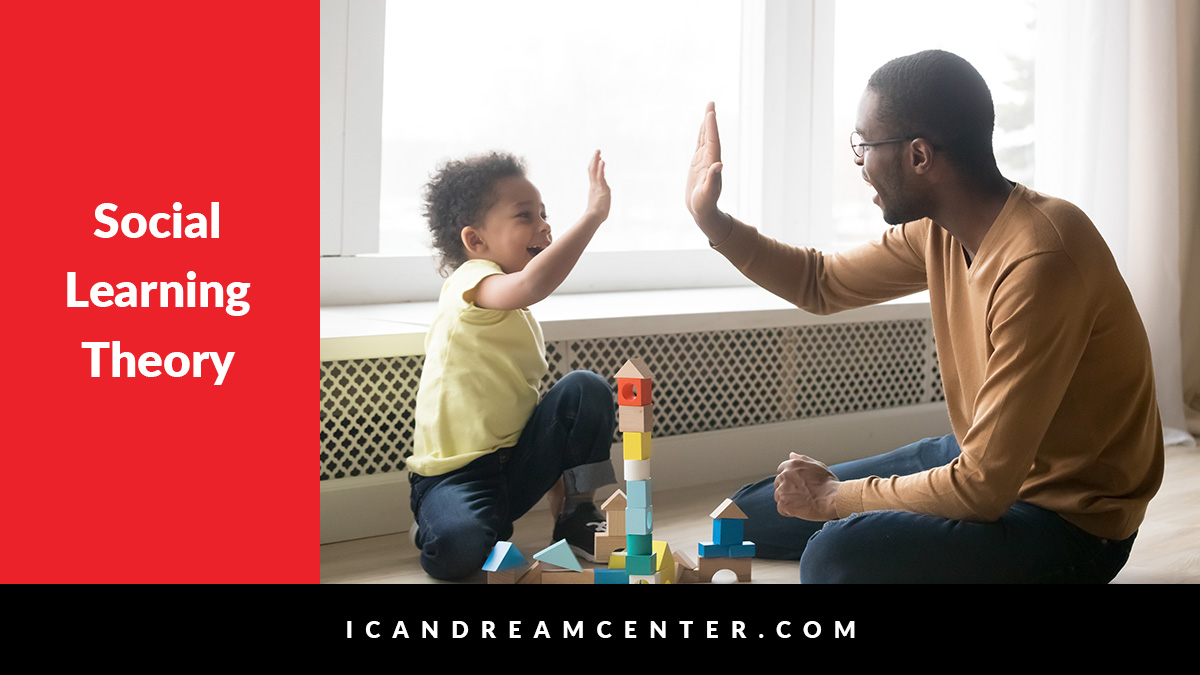
Social Learning Theory
Why is Social Learning Theory important? The goal of educators is to promote resiliency in students’ lives as they overcome barriers to learning and encourage appropriate social skills in classrooms. Horsburgh & Ippolito (2018) explain Bandura’s social learning theory, which has four different stages. The first stage is attending to the behavior by allowing the student to see the desired behavior; next they need to internalize and retain what they have seen, then provide an opportunity to display the newly learned behavior, and finally, they should receive motivations to reinforce the behavior (Horsburgh & Ippolito, 2018). Furthermore, Bandura’s theory of social learning proposes three types of reinforcements that can be applied when praising students for modeling desired behaviors: direct reinforcement, vicarious reinforcement, and self-reinforcement (Horsburgh & Ippolito, 2018).
Direct reinforcement is when a student is directly reinforced. If a student is positively reinforced, it can influence the student to decrease the undesirable behaviors and increase the desirable ones. Direct reinforcement at iCan Dream Center looks like verbal encouragement, participating in rewarding activities, and receiving token reinforcement throughout the day to buy prizes.
Vicarious reinforcement is when a student sees other students being rewarded. The goal of vicarious reinforcement is if a student sees another student receiving a reward for their behavior, it will likely motivate the student to model the rewarding behavior.
Self-reinforcement is when students reward themselves for their appropriate behavior or for accomplishing a goal. The student recognizes their growth, so they provide themselves with praise or reward themselves with a treat. Self-reinforcement is beneficial for students as it promotes high self-esteem and high self-efficacy.
References:
Horsburgh, J; Ippolito, K. (2018). A skill to be worked at: Using social learning theory to explore the process of learning from role models in clinical settings. BMC Medical Education (18)
